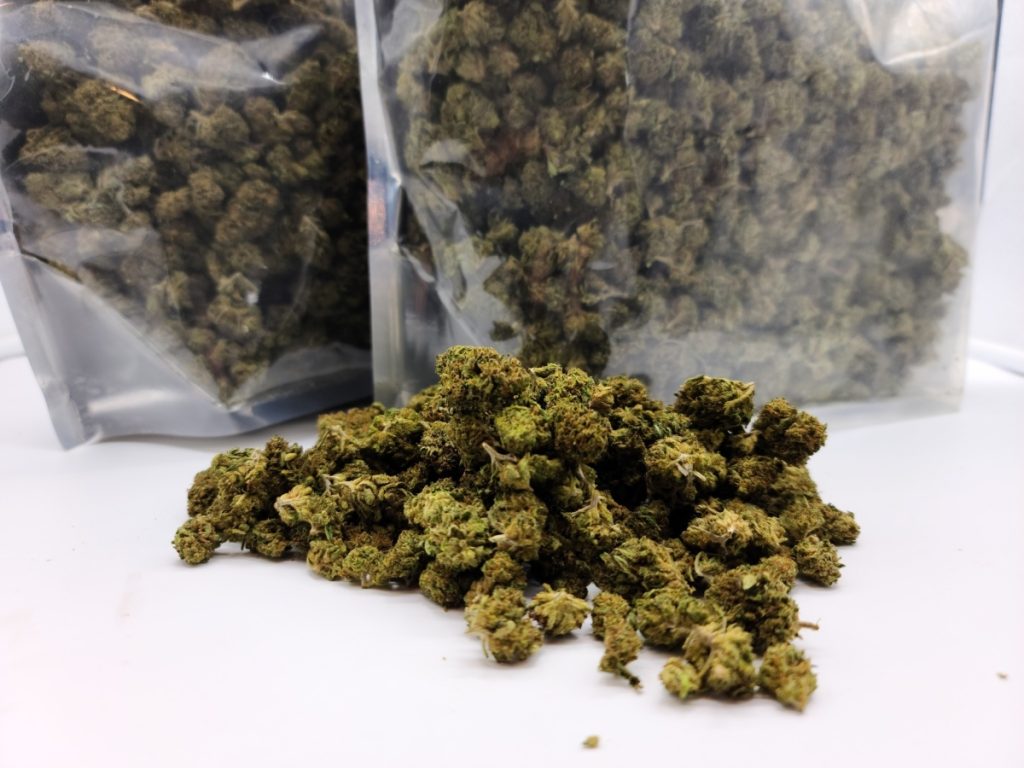
Legal Distinctions Between Hemp and Marijuana: A Comprehensive Overview
Hemp and marijuana are two plant cousins that seem alike but are actually quite distinct. Among plants, hemp is like a sociable cousin. The extremely low concentrations of THC, the psychoactive ingredient, make it legal in a number of jurisdictions. On the other hand, comparing hemp vs marijuana is thought to offer numerous health benefits without intoxication. You need to be aware of their separate legal situations, despite their similarities.
The Divisive Sibling: Marijuana
The more contentious sibling, though, is marijuana. There are larger concentrations of THC, which is responsible for the intoxicating effects. This distinguishes it from hemp in several jurisdictions with respect to its legal status.
How the Law Views Hemp
The wide variety of hemp goods, including clothing, food, and CBD oil, has contributed to the plant’s rising profile. Hemp is farmed legally and responsibly in several nations according to certain legislation. Thus, farmers can cultivate hemp without fear of legal repercussions.
Cannabinoids and Their Legality
This is not the case, though, with marijuana. Many countries still prohibit it because of the intoxicating effects it has. But times are changing, and some jurisdictions have begun to allow recreational and medicinal marijuana usage. To stay out of trouble with the law, nevertheless, you must verify the relevant statutes in your jurisdiction.
Importance of Distinct Legal Standing
The amount of THC in hemp and marijuana is the primary factor that determines their respective legal statuses. Due to its low THC content, hemp is often considered lawful to cultivate and consume in many regions. Although some states have decriminalized marijuana for certain uses, the drug’s high THC content means it remains illegal in most.
Anyone planning to comparing hemp vs marijuana must be well-versed in the plants’ respective legal statuses. The low THC concentration of hemp makes it lawful in most jurisdictions, while marijuana is still prohibited in many. Nonetheless, public opinion on the drug is shifting, and regulations could alter down the road. To keep from getting in trouble with the law, it’s crucial to know what the rules are in your jurisdiction.
